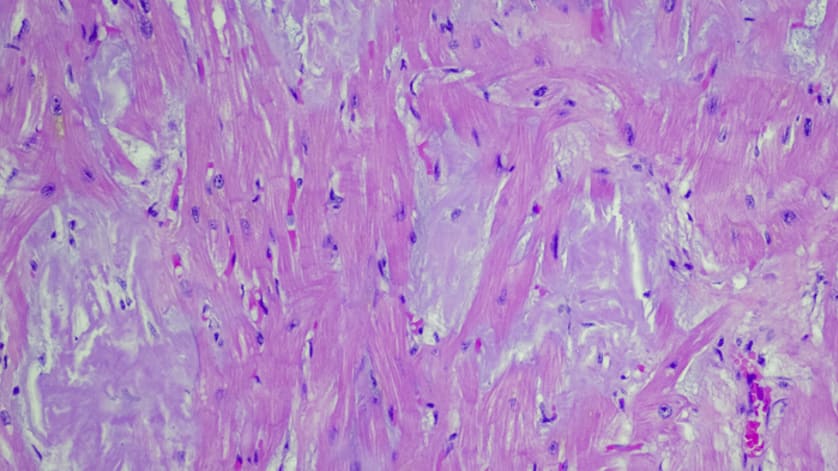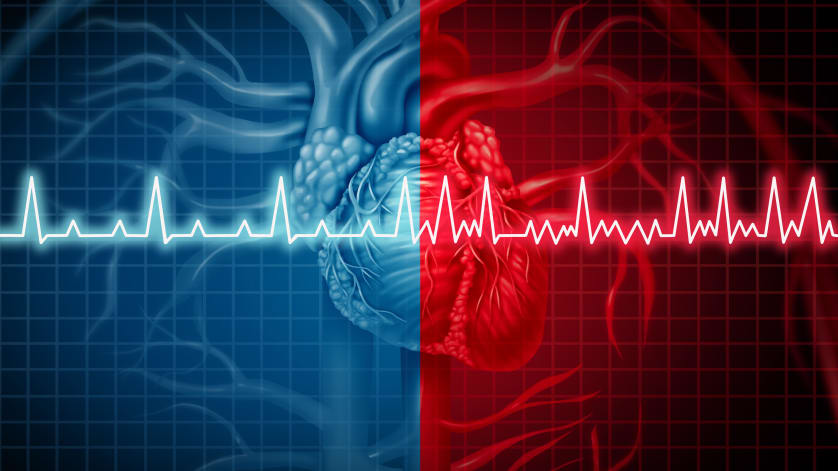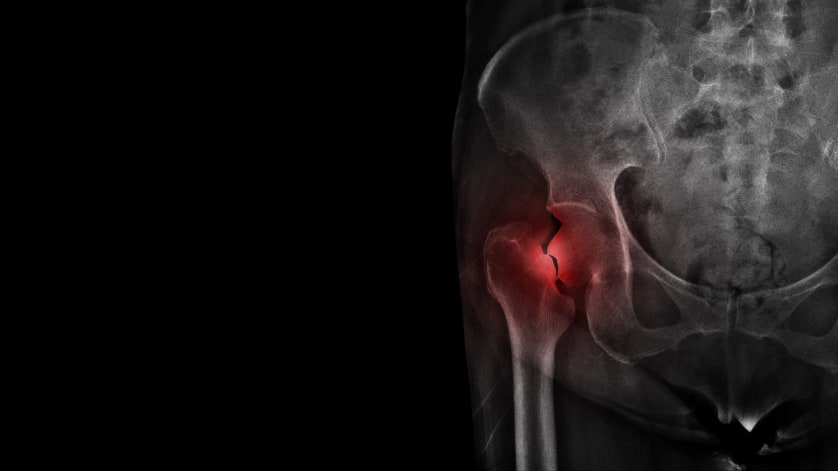
February 12, 2026


February 10, 2026
Keck Medicine of USC



Stay up to date with the latest clinical headlines and other information tailored to your specialty.
Thank you for signing up for the Daily News alerts. You will begin receiving them shortly.



